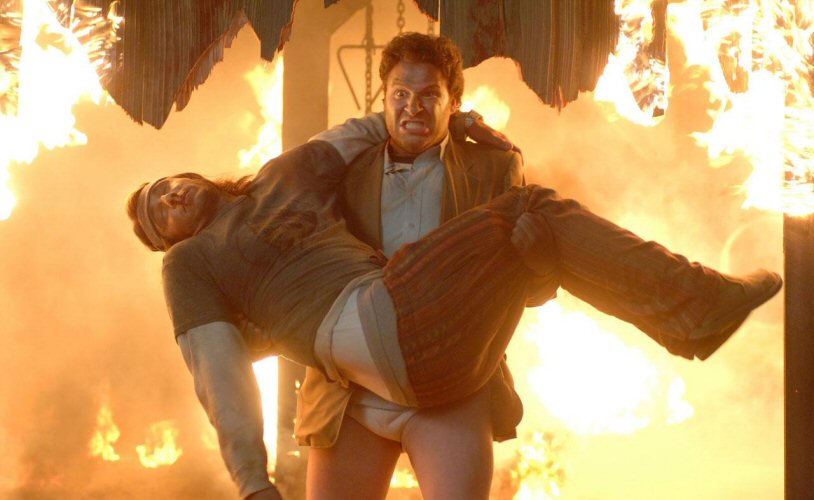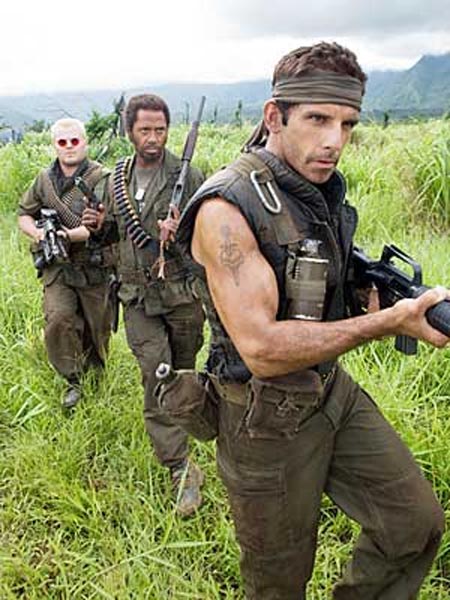Hot Weekend — Cold Opens
Posted on August 28, 2008 at 8:00 am
When a studio is fairly certain it will not get a single good review it simply refuses to let the critics get a look before the release date. That’s called a “cold open.” Usually, movies that open cold are based on video games and/or very graphic horror films and/or directed by the legendary Uwe Boll (generally considered the worst director currently working in movies), and/or directed by Tyler Perry (no idea why this is because I really like his movies), and/or a very dumb generic gross-out comedy, especially of the “Scary Movie,” “Date Movie,” “Epic Movie,” etc. franchise.
And traditionally, Labor Day weekend is the worst weekend of the year for movies, when the studios release films that they have no expectations for whatsoever.
Thus, we have three cold opens this weekend. One is the action film “Babylon A.D.” with Vin Diesel. The last film by this director was “Gothika,” which gave rise to my well-known “Gothika rule” (if a movie has a mind-numbingly horrible ending I will give it away to anyone who sends me an email). Even he is telling people not to see this movie.
“I’m very unhappy with the film,” Mathieu Kassovitz tells amctv.com. “The script wasn’t respected. Bad producers, bad partners. It was a terrible experience…” hile he was attracted to the material’s dense geopolitical themes, Fox, the studio co-financing the movie, only wanted “pure violence and stupidity … Parts of the movie are like a bad episode of 24.” He tells the website that Fox “made everything difficult from A to Z.”
The other two movies opening this week are comedies. “Disaster Movie” is from the people who gave us “Date Movie” and “Epic Movie.” They have yet to give us “Good Movie.” I feel confident in saying that Josh Levin’s Slate review of a previous film in this tired franchise is vastly more entertaining than any of their movies. And then there’s “College.” Its poster features a kid throwing up in a toilet. Enough said.
Now would be a good time to enjoy those last summer swims and barbecues, do some back-to-school shopping, catch up on some of the big releases you might have missed or see your favorites a second time — and get ready for the fall. In September alone we have the new Tyler Perry, the new DeNiro/Pacino movie, “Igor” with John Cusack, and the new Coen brothers movie, starring George Clooney and Brad Pitt. I can’t wait!



